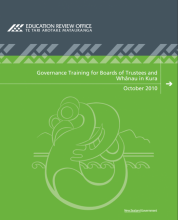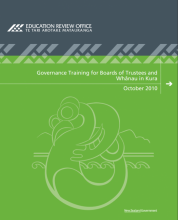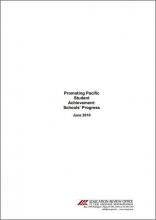Making Connections for Pacific Learners' Success
This report discusses secondary schools where Pacific learners are achieving at or above the national norms for all students. It includes details of initiatives and good practice and how these work together to get great results.








